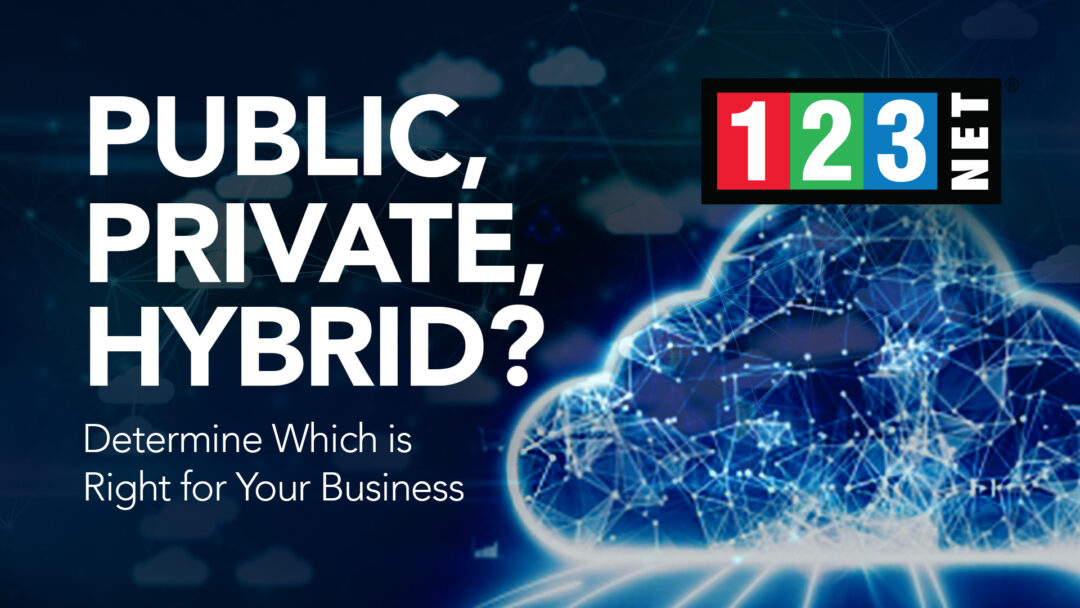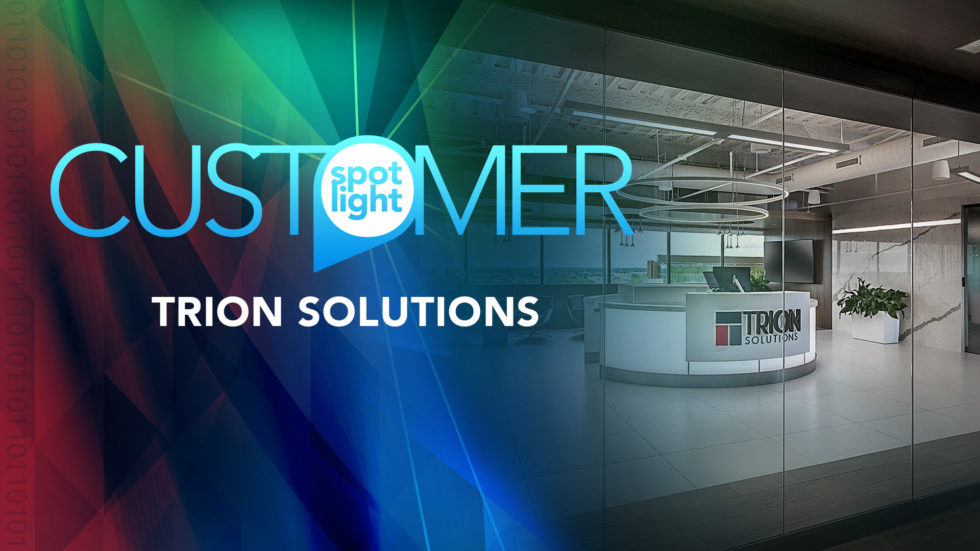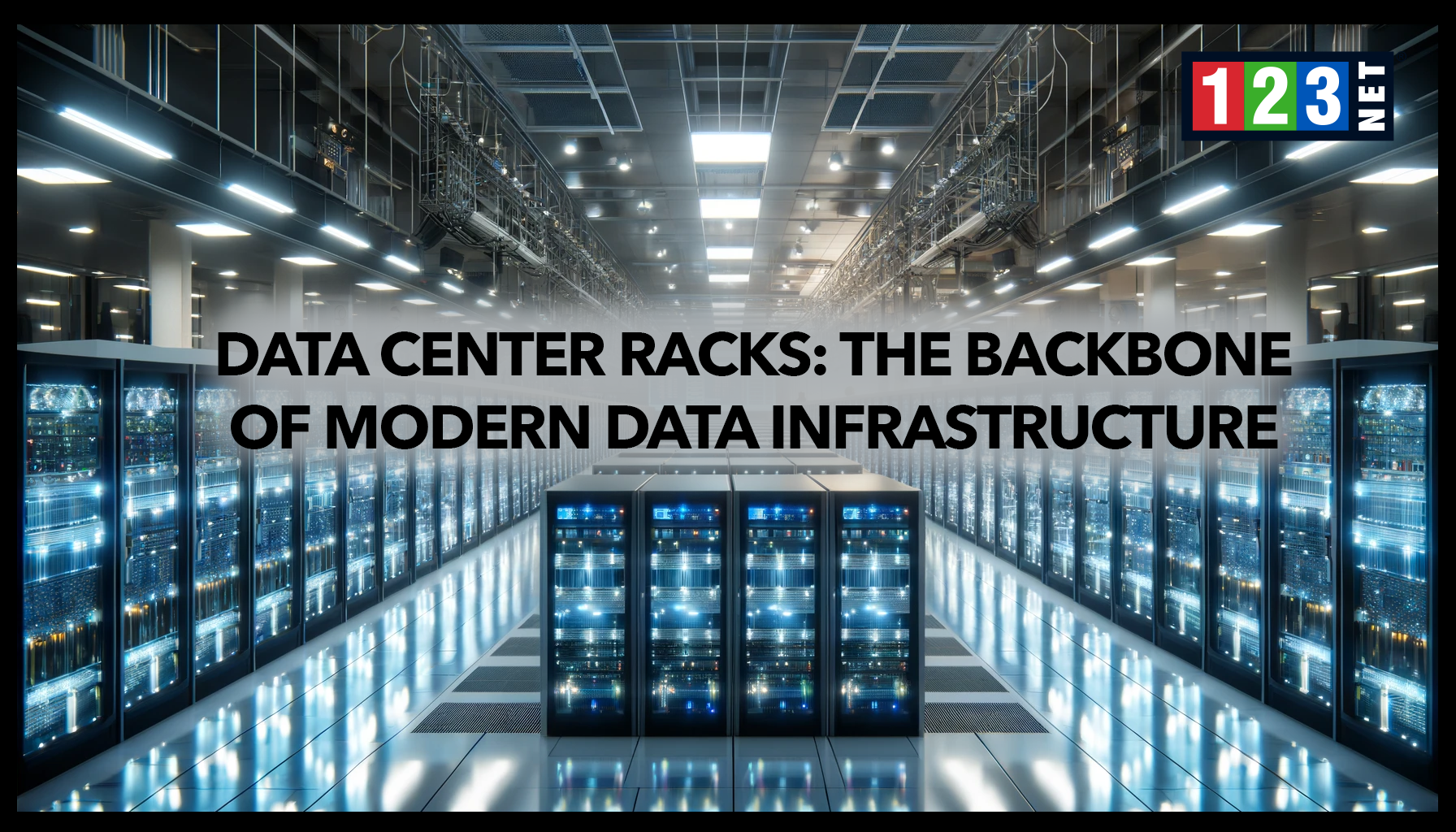
Navigating various cloud service options can be daunting, especially for those new to the cloud. Understanding the key differences between cloud solutions is essential for deciding which cloud strategy best suits any business needs.
Public Cloud Service: A Shared Haven
Public cloud is the most widely recognized form of cloud computing. In this model, cloud service providers, such as Amazon Web Services (AWS), Microsoft Azure, and Google Cloud Platform (GCP), offer computing resources (like virtual servers, storage, and networking) over the internet to multiple customers on a pay-as-you-go basis. Public cloud services are highly scalable, cost-effective, and require no upfront capital expenditure.
One of the primary benefits of public cloud is its scalability. It allows businesses to quickly scale up or down their IT resources based on demand, making it ideal for startups and enterprises. However, the shared nature of public cloud services means that businesses might have limited control over their infrastructure and data security, which can be a concern for organizations with strict compliance requirements.
Private Cloud Service: Exclusive Control
Private cloud, on the other hand, offer a more controlled environment. It involves dedicated computing resources hosted either on premises or by a third-party provider. Unlike public cloud, a private cloud is not shared with other organizations, ensuring that there is control over any infrastructure.
The key advantage of a private cloud is enhanced security and compliance capabilities. Organizations with sensitive data, regulatory requirements, or specific performance needs often opt for private cloud solutions. While private clouds can be more expensive and require a higher management level, they provide greater customization and control over infrastructure.
Hybrid Cloud Service: Finding the Middle Ground
As the name suggests, a hybrid cloud combines elements of both public and private clouds. It allows businesses to use a mix of on-premises, private cloud, and public cloud resources to meet their specific needs. This flexibility enables organizations to optimize their IT infrastructure, balancing control, scalability, and cost-efficiency.
This service can be especially valuable for businesses leveraging the public cloud while maintaining critical data on a private infrastructure. It offers seamless integration between different cloud environments, making it easier to manage workloads and data across multiple platforms.
123NET Connects with MegaPort
123NET offers a feature called Cloud Connect, a point-to-point solution that connects network and cloud service providers. In 2023, 123NET broadened its carrier-neutral data center services range by including Megaport. Megaport’s solutions empower 123NET’s clients to enhance cost efficiency, gain greater control, and expand their capabilities by utilizing on-demand, API-integrated cloud connectivity to major Cloud Service Providers (CSPs).
The partnership between 123NET and Megaport bolsters Michigan’s array of options for businesses and end-users. This enables customers to establish direct and private connections when interacting with their cloud environments, including AWS, Microsoft Azure, Google Cloud, IBM Cloud, Oracle Cloud, and other leading providers.
Features of using 123NET with Megaport:
- Cloud Connectivity: Seamlessly link to various cloud services in different locations through 123NET’s Cloud Connectivity Services.
- Network Enhancement: Optimize the speed and reliability of network traffic by harnessing 123NET’s Infrastructure, Cloud, and IT resources spread across multiple locations.
- High Availability: Ensure uninterrupted access to cloud and IT services through a redundant and highly available connection that utilizes a single port.
- Distributed Data: Improve the end-user experience by connecting IT resources at the network’s edge, leading to distributed data and faster access.
- Application Performance Enhancement: Reduce latency and elevate the performance of applications by utilizing a private network connection.
Understanding the differences between public, private, and hybrid cloud solutions is essential for making informed decisions. Any business can confidently navigate the cloud landscape. Ensuring that Cloud Connect aligns perfectly with a business’s goals, security needs, and budgetary constraints.
Learn more about 123NET Cloud Connect: www.123.net/cloud-connect




